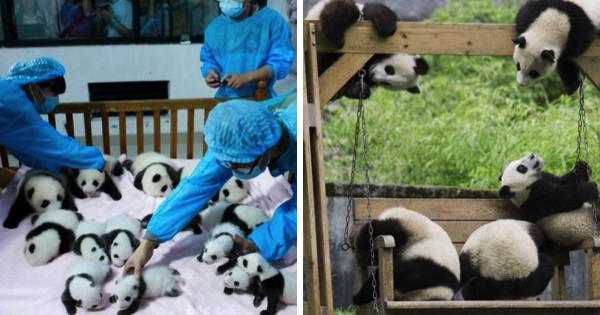The Chengdu Research Base of Giant Panda Breeding in China is on the cutting edge of giant panda research. With only around 1,800 giant pandas left in the wild, the captive breeding program at Chengdu plays an important role in ensuring that the species can survive long-term.
The baby pandas born here are cared for by specialized staff in what essentially amounts to a panda daycare. Needless to say, it’s ridiculously adorable.
Contents
show
Oh, boy. Are you sure that you’re ready for this level of cuteness?
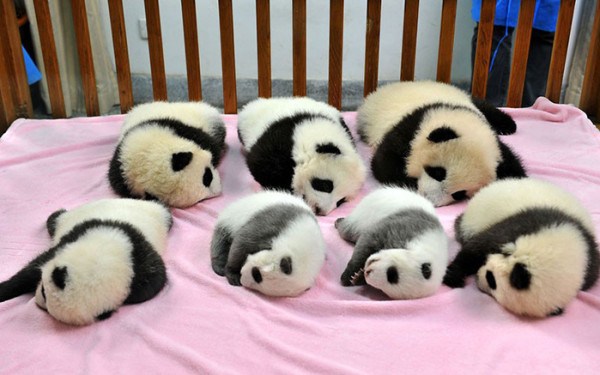
A literal pile of pandas.
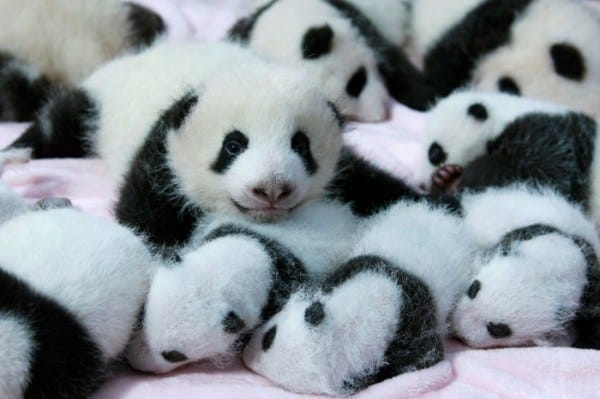
14 pandas in one crib, but there’s still room for more.
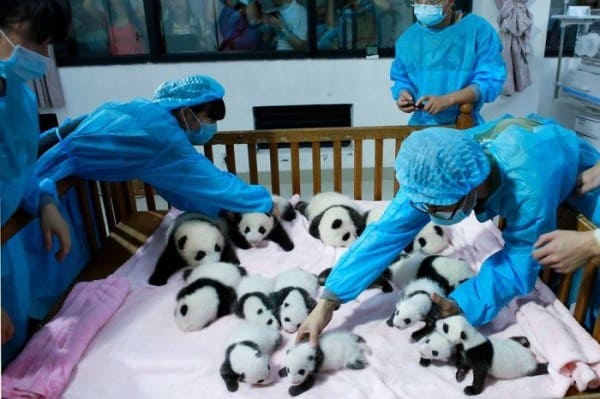
Pandas are very intelligent, and as the babies grow up, they learn to hold their own bottles.
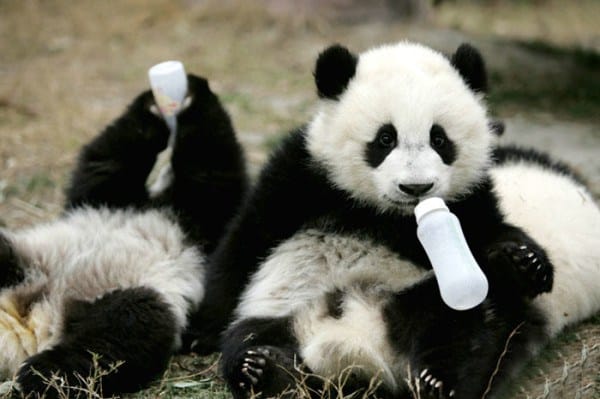
They aren’t usually this orderly.
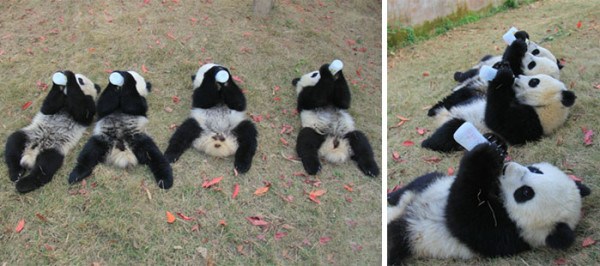
Eventually, they graduate to getting their food in bowls. Sometimes it takes a while to get the hang of it.
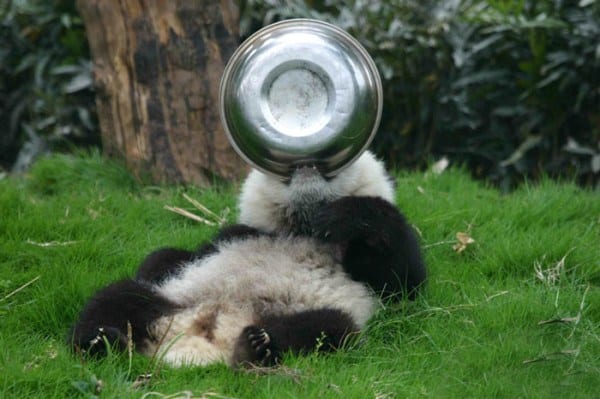
But not too long.
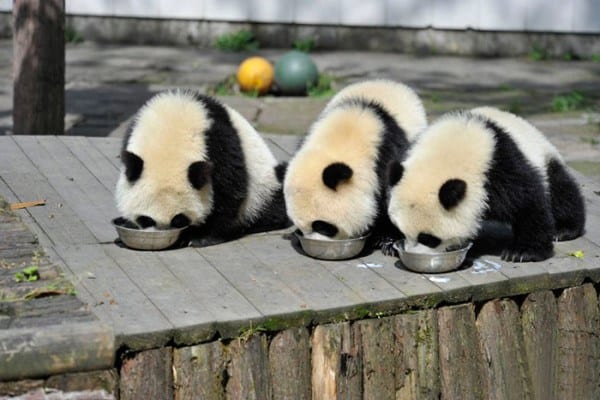
When you’re a panda, everything looks good to chew on.
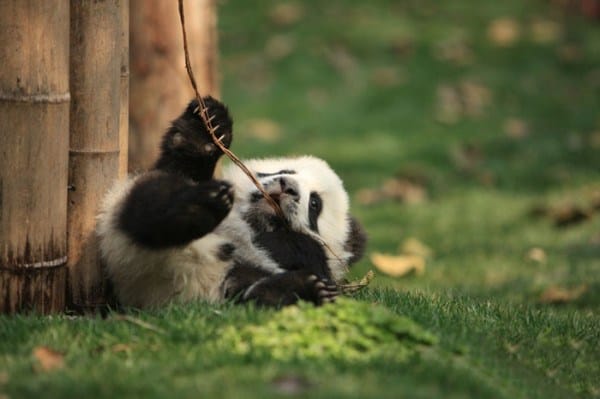
The bigger pandas give the little ones a helping hand.
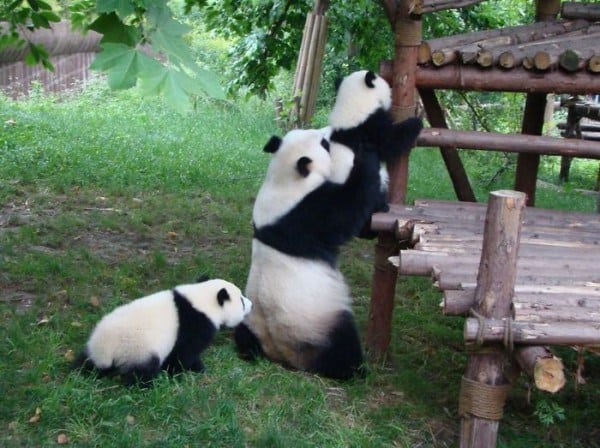
Cuddle pile!
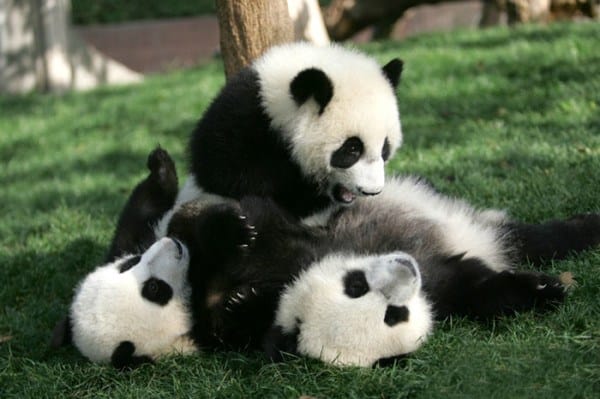
“Gimme a hug.”
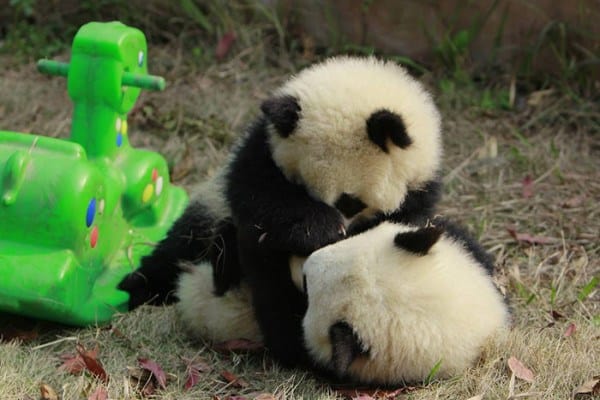
Sometimes, naps come on quite suddenly.
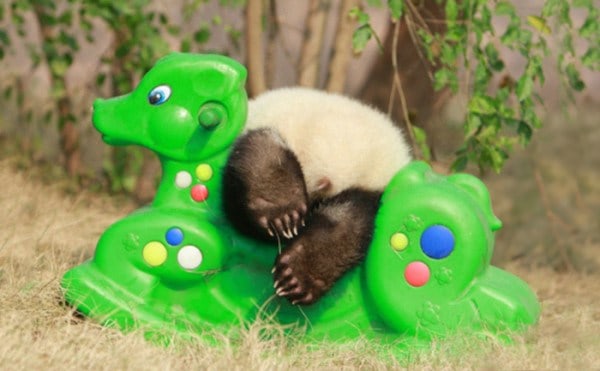
Sleepiness seems to be contagious.
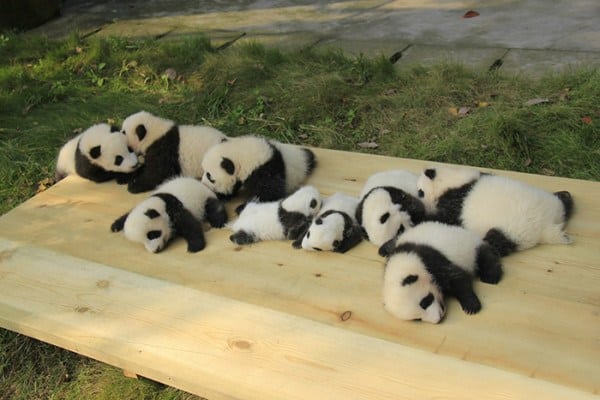
Snow doesn’t bother the baby pandas. They’re always ready to go outside and play.

One thing that pandas aren’t good at? Volleyball.
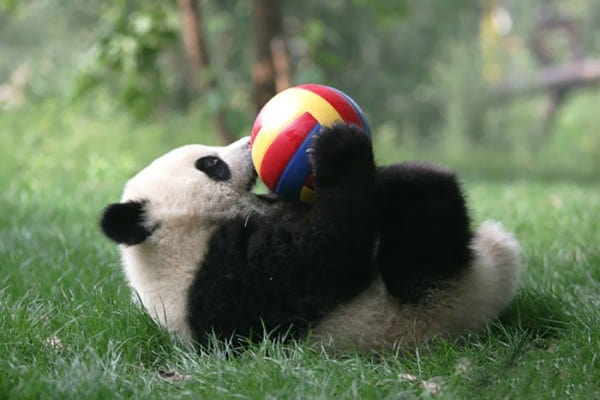
But they do seem to like donkeys.
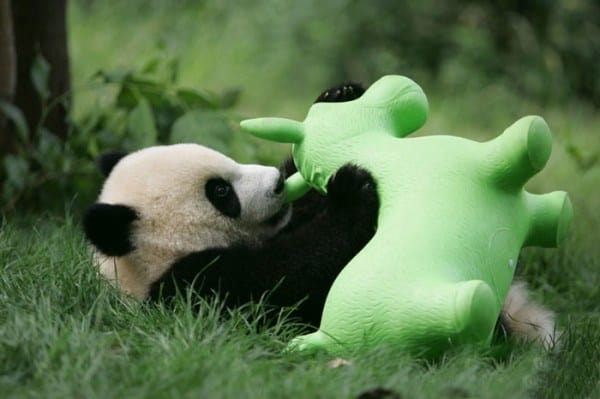
The swing is put to good use, even if not for its intended purpose.
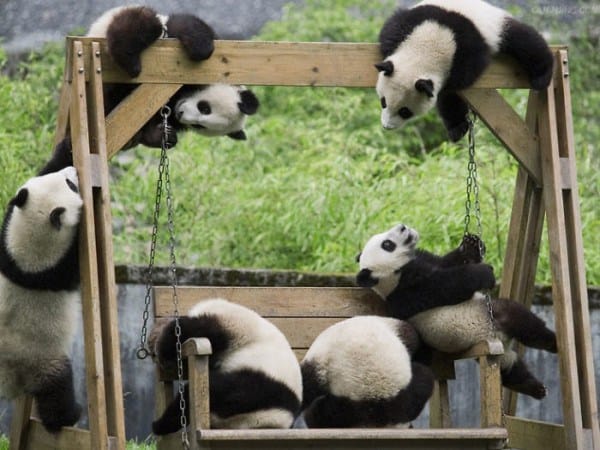
For more information about the captive giant panda breeding program, visit the Chengdu Research Base website.

